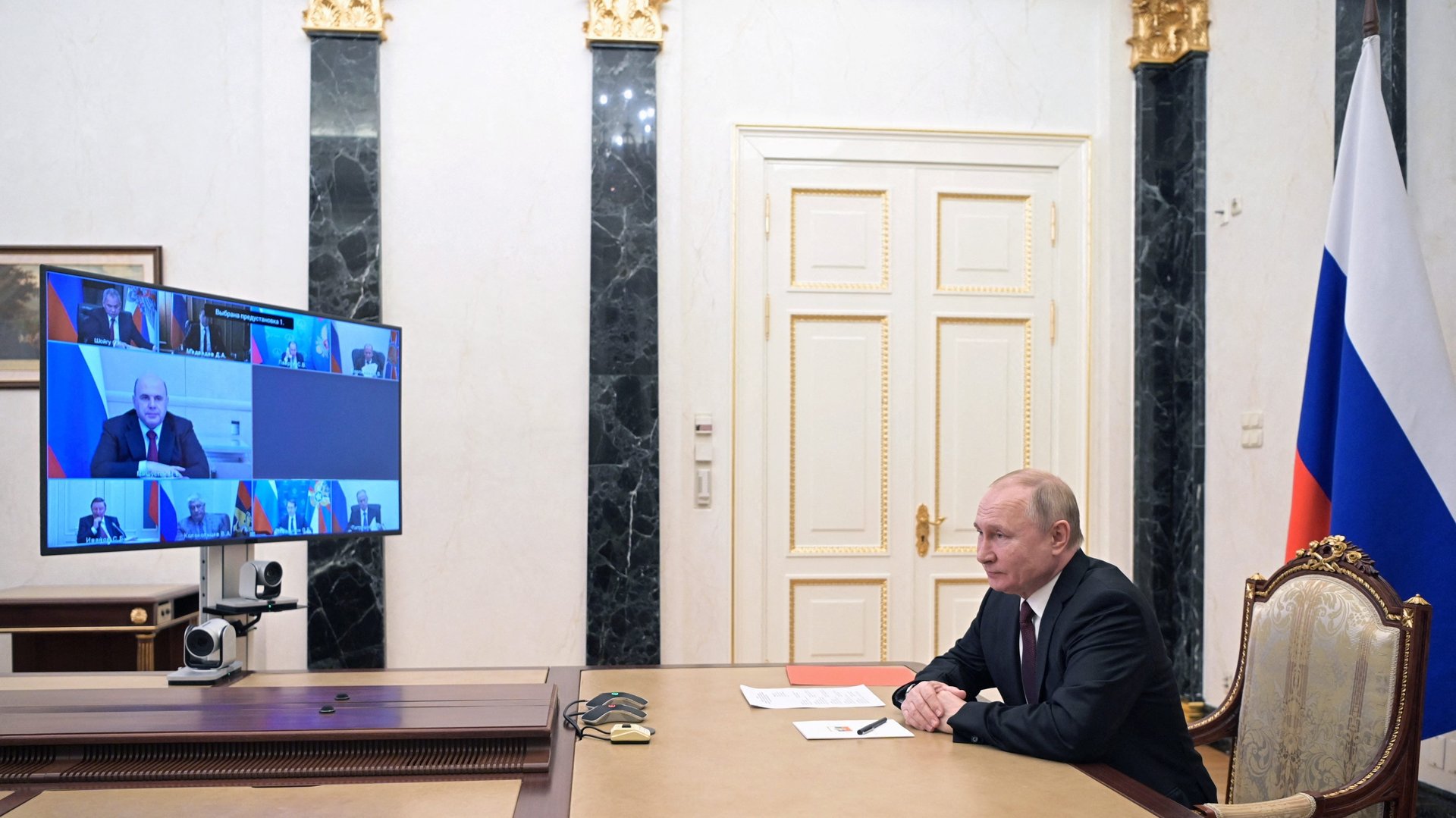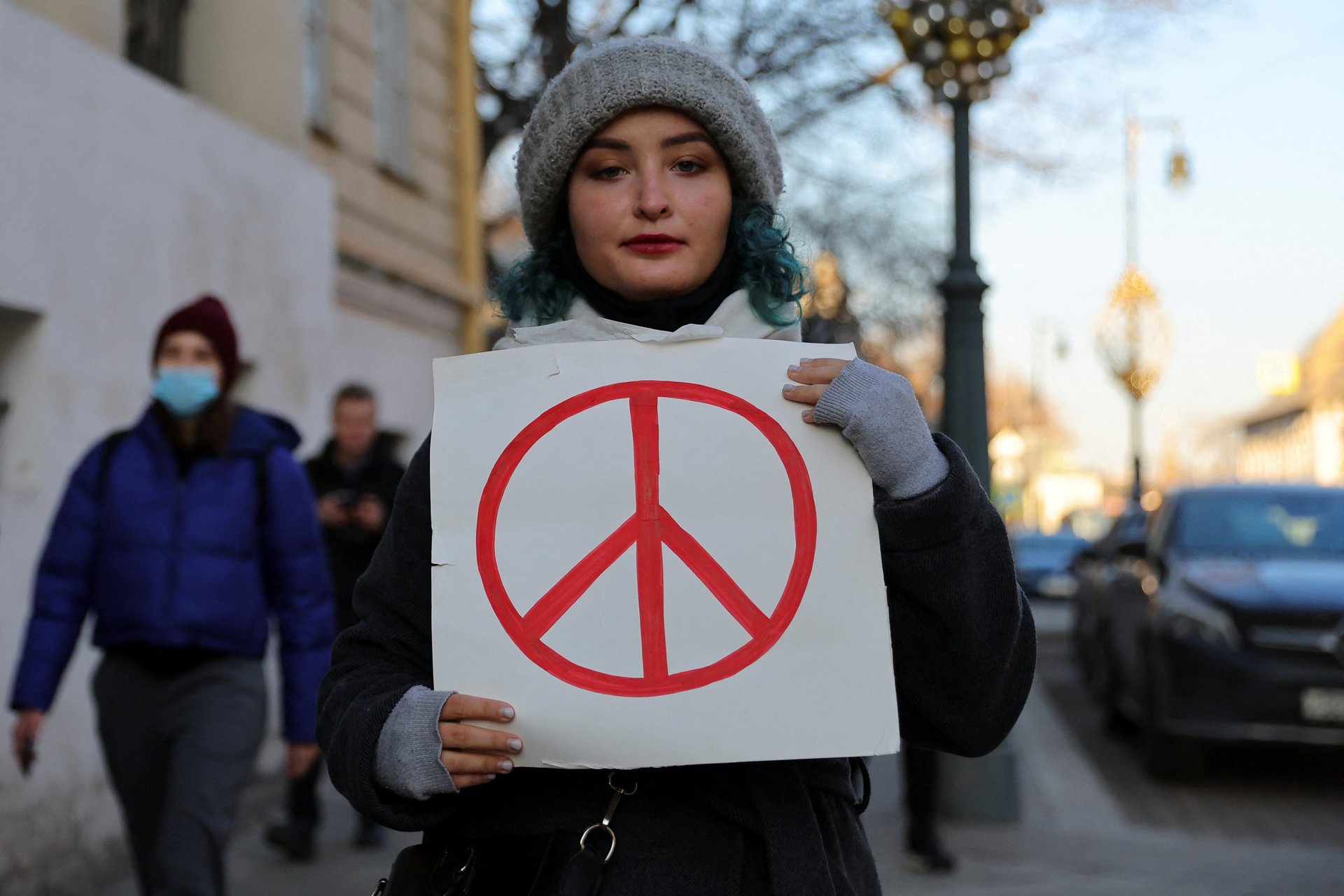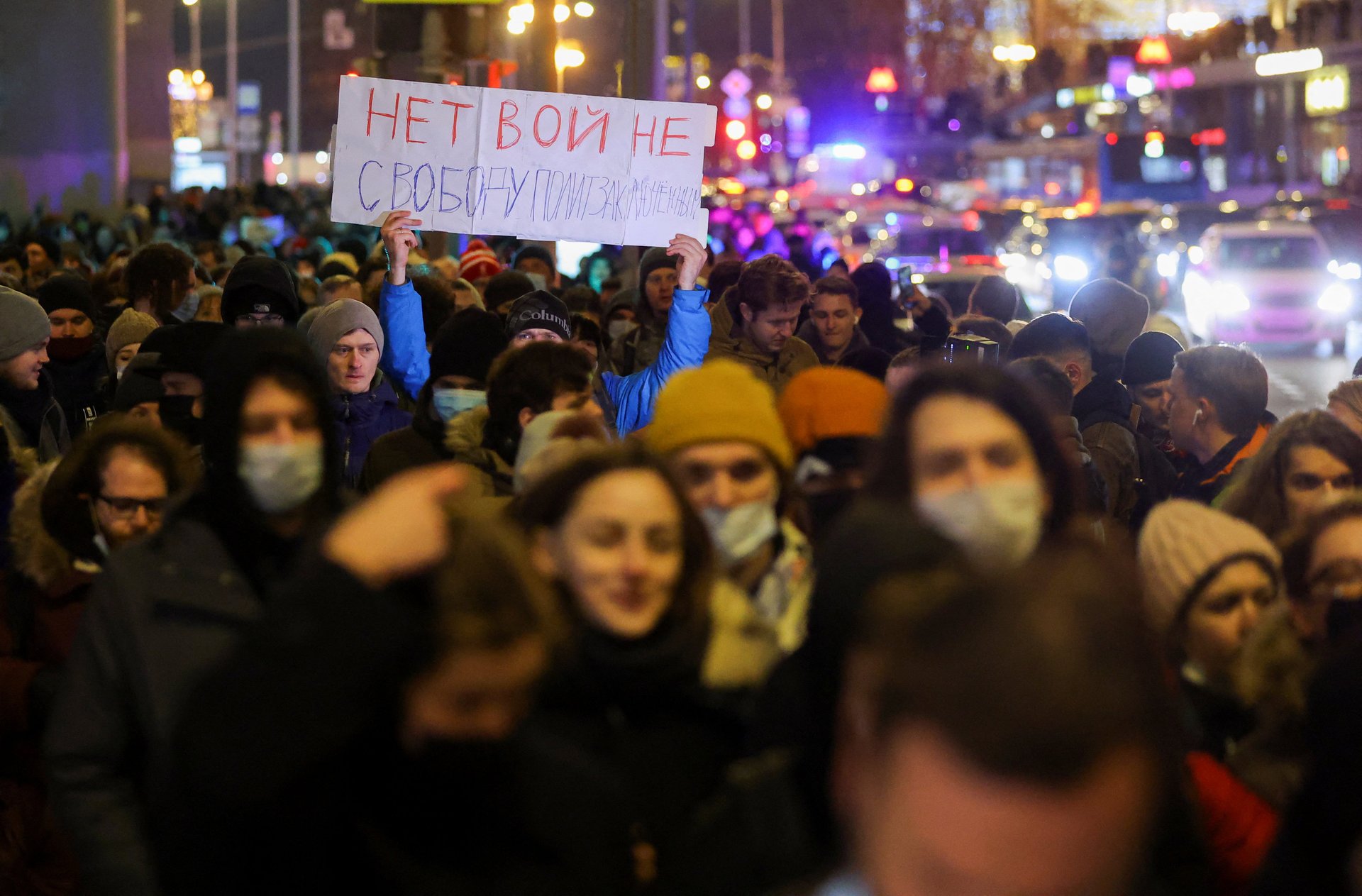Putin’s outdated resentment is holding a generation hostage
I am 35 and Russian, and for most of my life, Vladimir Putin has been there.


I am 35 and Russian, and for most of my life, Vladimir Putin has been there.
When my country first elected him in 2000, I was 13. As a kid from a working-class family in the Ural region, the Russian equivalent of the US Rust Belt, I spent my days watching MTV, newly launched in Russia, and dreamed of traveling to the US and Europe.
At first, the new president seemed to understand what my generation needed: He befriended the US, charmed European leaders, and implemented economic reforms that improved Russians’ lives and made them wealthier.
In the long run, he delivered what older Russians wanted. Impoverished and embarrassed after the Soviet Union’s collapse, they longed for someone to lead them out of that shame and poverty, which they believed was brought to them by the West. My parents’ generation, Soviet people never exposed to any kind of freedom, was captivated by the modern material world suddenly accessible to them.
How Putin amassed his power
Putin himself was among those who were captivated. Money, regardless of its origin, became an end in itself for his regime, which promoted the unrestrained enrichment of oligarchs and a new middle class in exchange for political indifference. The “full-fridge-in-exchange-for-freedom deal” it was called in newspapers and on TV back then. And for most people it was good enough: They weren’t interested in anything besides consumption.
But for the older generation, the newfound wealth came with the terror of losing it and being humiliated again. To quell that fear, Putin overfed them with a barbaric, primitive version of capitalism, along with promises of a return to Soviet greatness. Over the years, he convinced Russians that the Soviet Union’s only fault was not its lack of freedom or justice or basic human rights, but its lack of money.
As they careen into the abyss of these fears and fantasies, shaped and cemented before I was born, Putin’s generation has dragged Russian zoomers and millennials like me down along with them. And now, Ukrainians, too.

Do Russians support Putin?
No surprise, there’s no overlap between Putin’s vision and the values of younger Russians, as well as most Ukrainians and Belorussians. Indeed, there’s always a gap between generations, and over time it only becomes more obvious. Americans saw that gap during the 2016 elections, when older voters helped usher Donald Trump into the White House; Britons, when the Brexit vote cut them off from the rest of Europe. Except in Russia there is no prospect of turnover, with Putin clinging to power and monopolizing the public narrative for as long as people my age can remember.
To be clear, allegiance to Putin is not only about age. There are lots of Russians in their 20s and 30s who dream of a past they don’t remember and know almost nothing about. Some say they are poisoned by the official propaganda. I say they are being held hostage by a generation that can’t manage its frustration and anger against a world it can no longer control or understand.

Many Russians my age live in that world. For us, Russian greatness is not tied to geopolitical adventurism or threats, but to prosperity and openness. We want to live in a society that respects individual rights, one that doesn’t stamp out multiculturalism and freedom of expression.
Putin, on the other hand, wants no part of a world where Russia doesn’t play a dominant role. As he said in 2018 on the possibility of a nuclear war: “Why do we need this world if there is no Russia?” To me, it’s clear that what he means by “Russia” is himself and his grip over us.
Putin has already lost
On Feb. 27, when he put Russia’s nuclear deterrence forces on high alert, he was not bluffing. I believe he’s capable of going as far as shattering the world order to establish a new version of the past.

But the old man’s problem is there are too many of us and we are too much for him to swallow. I see hundreds of thousands of young people condemning the regime on TikTok and Instagram. Some of them are going offline and protesting in the real world, facing the risk of going to prison. Even my elders, the ones who voted for Putin many times, are now having doubts: Did we authorize this man to kill to prove our greatness?
After the shock of the first days of the Ukraine invasion subsided, I see he’s already lost. Yes, he can still defeat Ukraine and crush the anti-war movement at home. But we are not going to be his country anymore. We will pay for the mistakes of our predecessors, find friends in former antagonists, and rebuild.